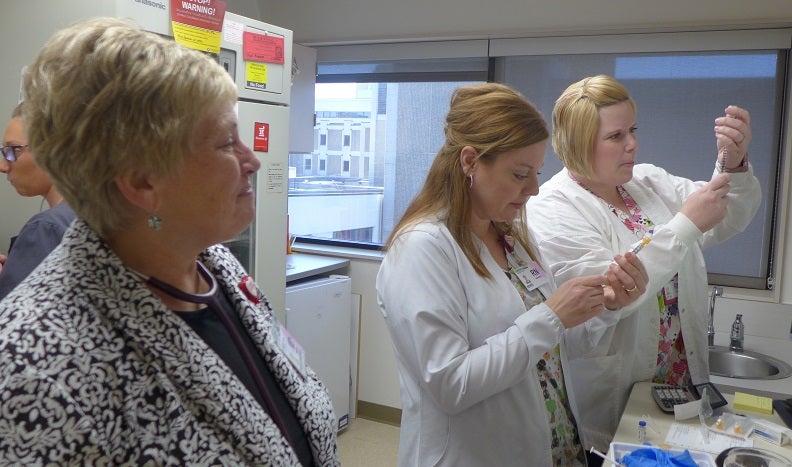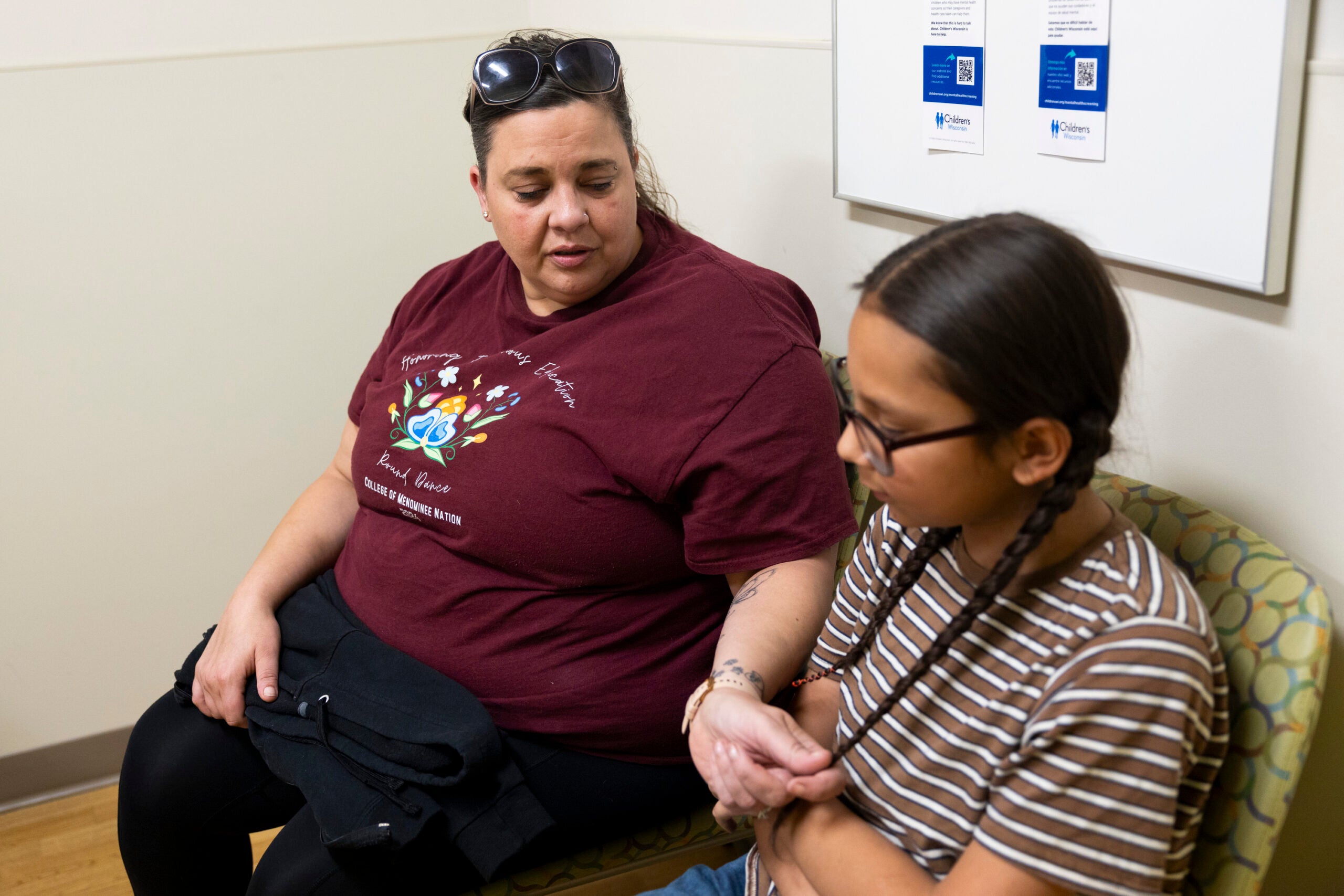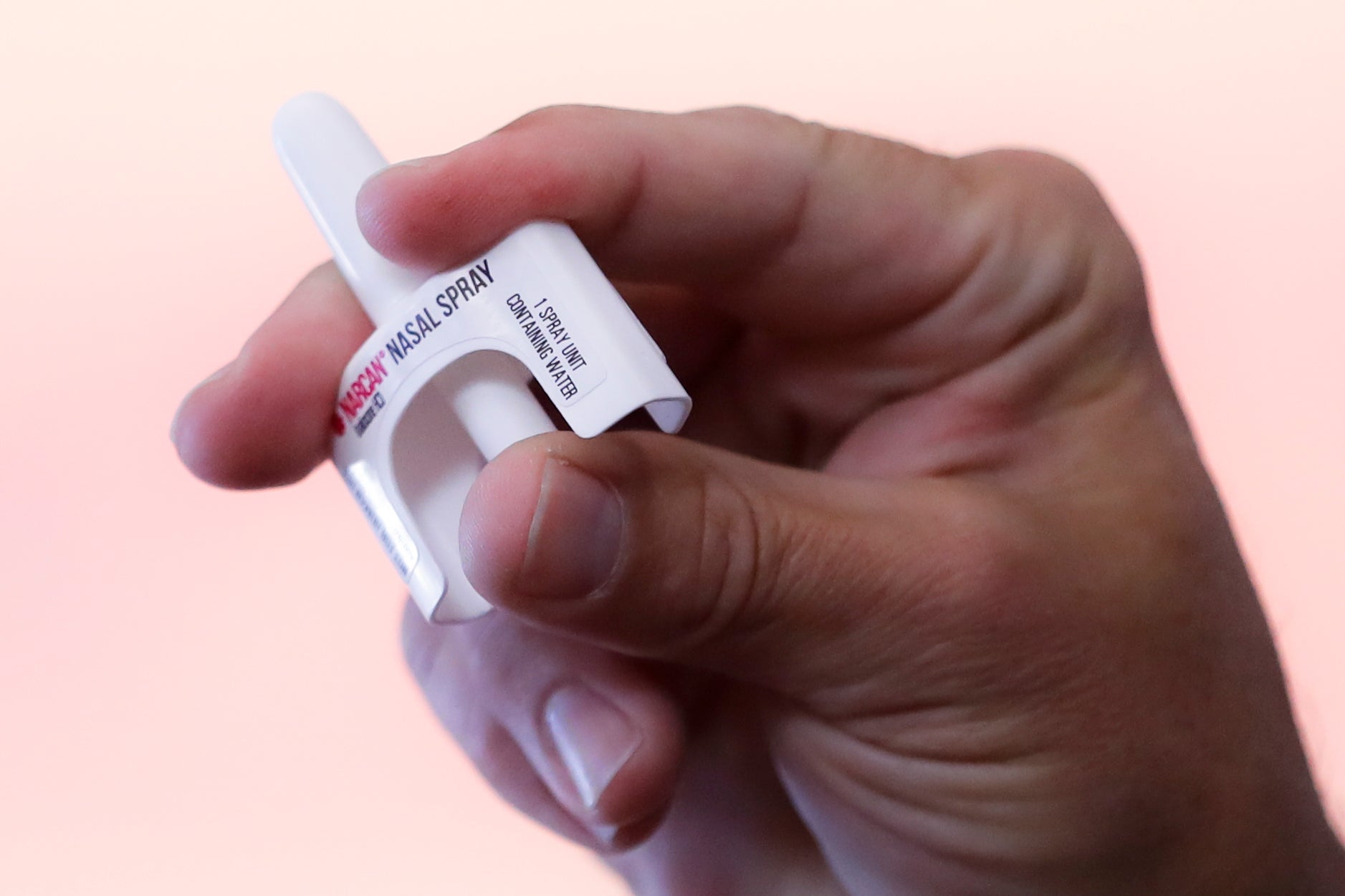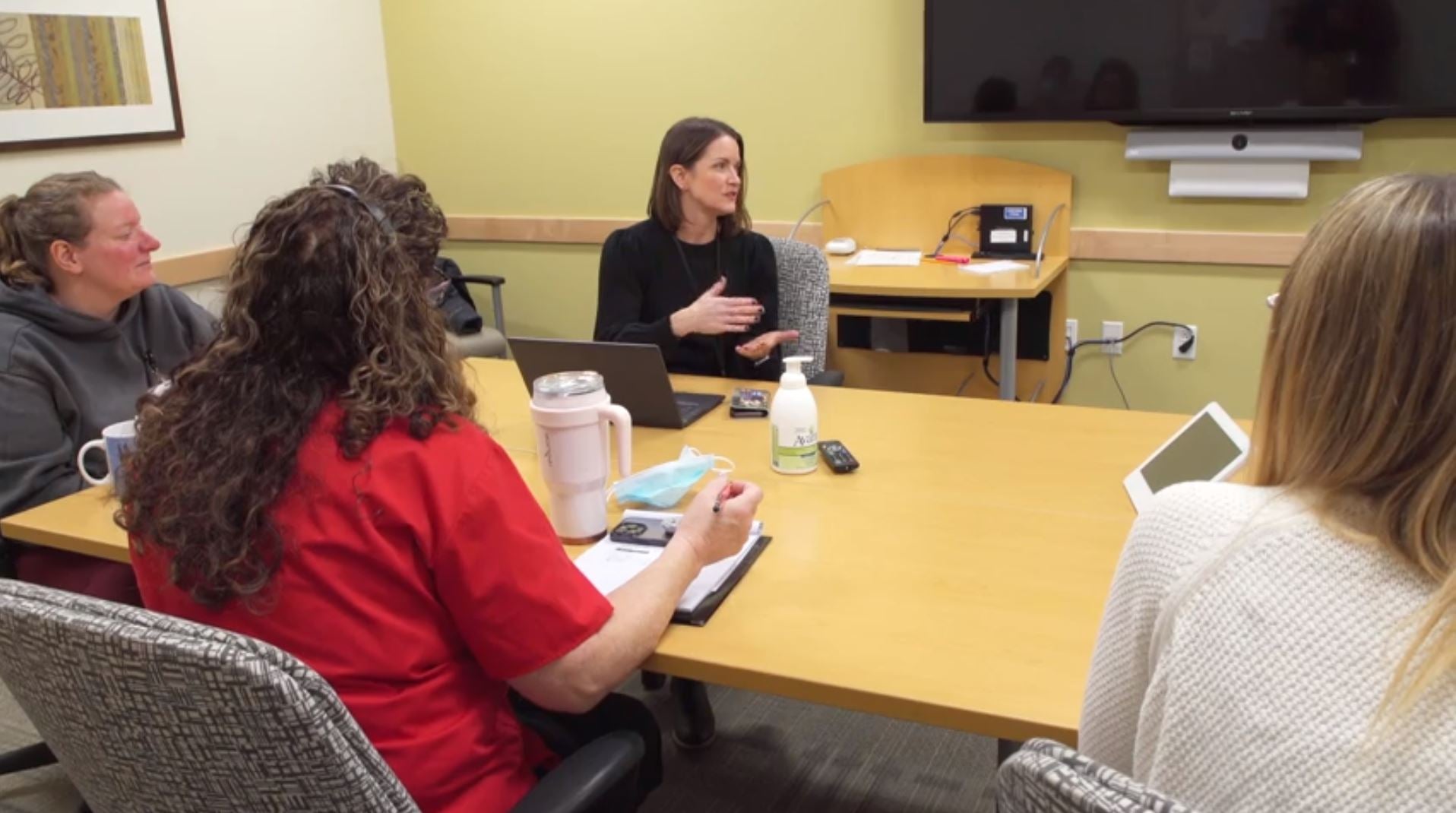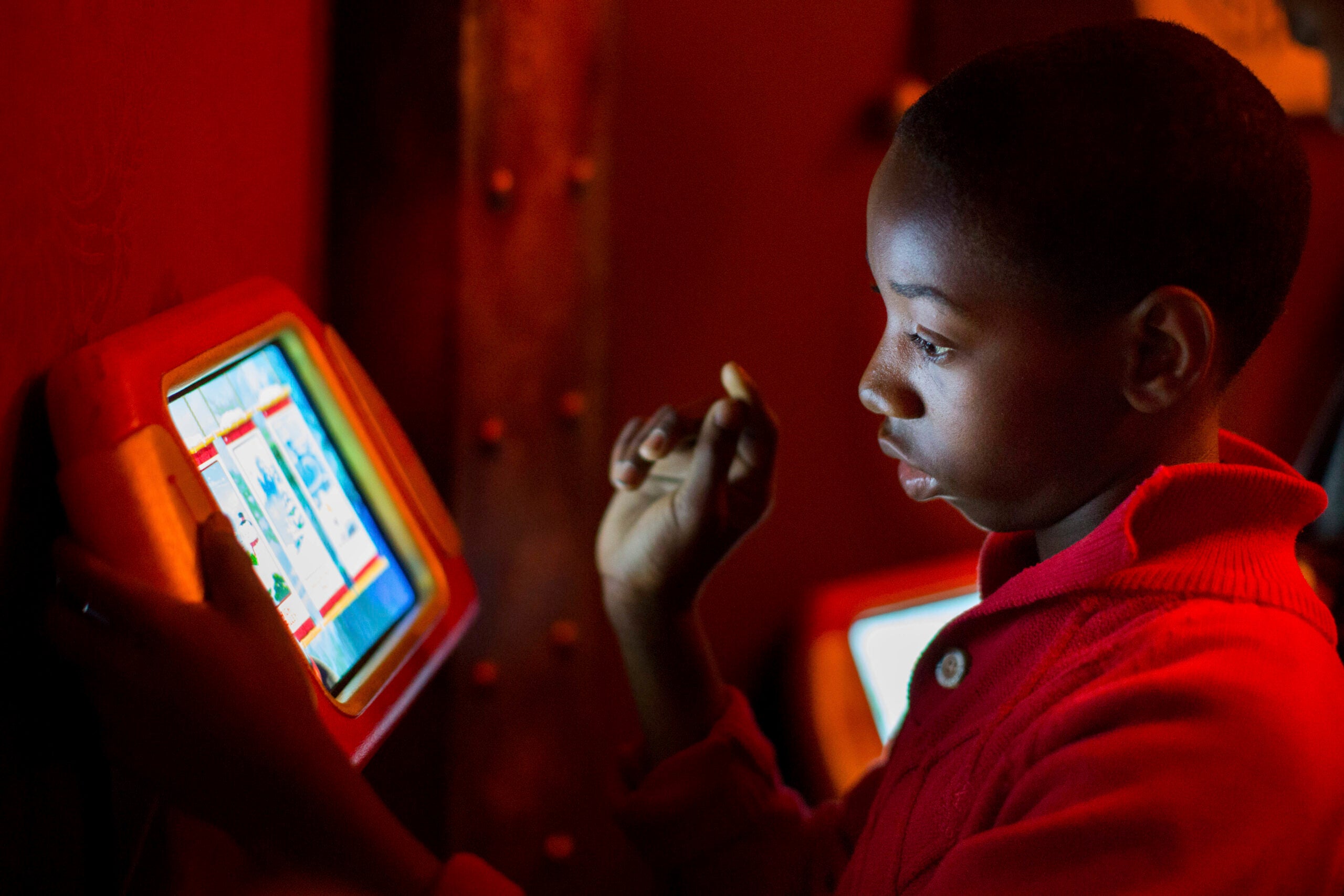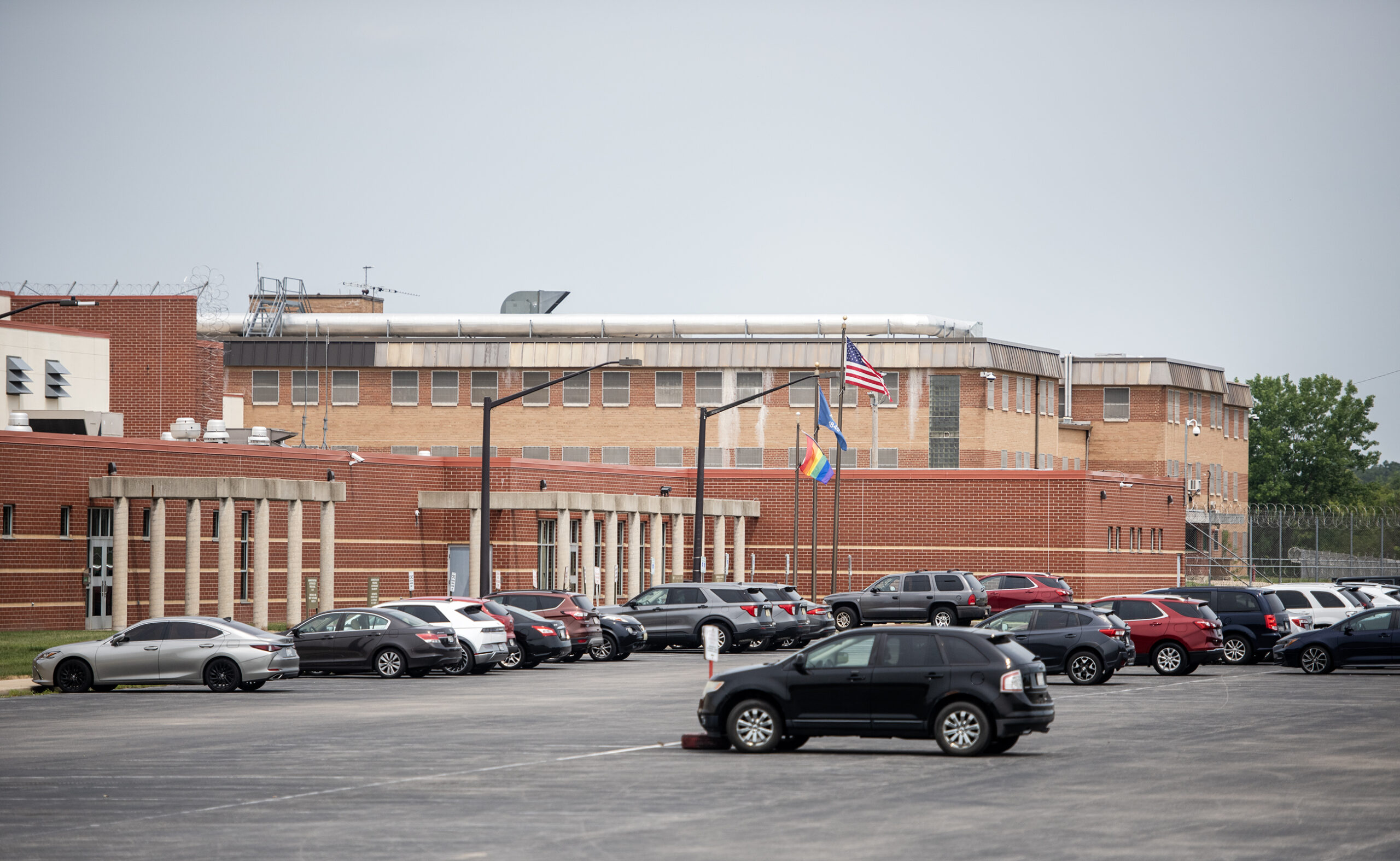Katrina’s first prenatal appointment at Gundersen Health System in La Crosse happened when she was already seven months pregnant. She tried another doctor first, who asked what was wrong with her that she waited so long to seek care. What was wrong, she said, was drug addiction.
“Fear and shame for sure were the driving factors that made it really difficult and maybe even to say to myself, this is really happening,” said Katrina, who asked to be identified only by her first name.
The clinic she founded at Gundersen treats high-risk expectant mothers, particularly those battling addiction. The number of Wisconsin newborns experiencing opioid withdrawal quadrupled in the last decade, to nearly 600 a year in 2015.
Stay informed on the latest news
Sign up for WPR’s email newsletter.
Women treated in the Gundersen clinic have more frequent appointments and ultrasounds during pregnancy. The clinic’s coordinating nurse and dedicated social worker also help connect patients like Katrina with additional services. She said the most important thing was that they helped her get into a residential treatment facility and made flexible appointments for her. Just preparing to leave the house could be a paralyzing task when she first started getting prenatal care.
Despite their support, she was scared when she gave birth to her now 1-year-old son, Leo.
“I felt like I didn’t deserve to be his mom, but I loved him too much to let him go,” she said.
That’s where Dr. Ann Budzak’s GunderKids clinic came in. It started in December 2015, a few months before Leo was born.
The idea grew out of Budzak’s work in child abuse.
“I was seeing many many children for child abuse evaluations and thought that if there were a way to intervene earlier in that child’s life, that we might have been able to prevent what was happening in front of my eyes,” she said.
The practice now cares for about 50 children who experienced withdrawal after birth. Families have 17 appointments in the baby’s first year of life, compared to seven for an average infant. The appointments last at least an hour, with families meeting with the clinic’s nurses for extended periods before the doctor joins each visit.
During the nurses’ time with the families, they ask parents a lot of questions at each appointment that aren’t about their child’s physical health, according to nurse Kaitlin Lillard-Pierce.
“Have they changed housing locations, do they have enough to eat, did they have any difficulty getting to this appoint? We address if they have enough supplies for baby. We also ask questions about their sobriety,” Lillard-Pierce said. “So we’ll ask them every time how’s your recovery going, have you had any relapses, are you still attending therapy? We ask about their (Child Protective Services) involvement and the involvement of the father, because these things are always changing.”
The questions are central to the clinic’s mission of helping parents provide stable, healthy home lives for their children on top of meeting the medical and developmental needs of kids who start out life challenged by withdrawal. That means playing a supporting, not punitive role for parents struggling with substance abuse disorders.
“Almost all of our parents are in some form of treatment for addiction, not all of them. We certainly had had a few parents relapse during the program,” Budzak said. “Addiction is a chronic disease and relapses are to be expected. If you think of other chronic diseases, it’s very rare for patients to always have them under control.”
Katrina said the nurses have helped her with things like formula and diapers and she calls them any time she’s concerned or has questions about her son’s health. But when the staff dubbed themselves “Team Leo,” she said she began to think of them as family.
“He gets the best care from people who are really invested in him and him developing and growing to a healthy, normal child,” she said. “I knew that I needed those people to help me. I just didn’t know how much it would help.”
The clinic includes a social worker to connect families with resources like housing or food assistance. It also employs Allison Allmon Dixson, a pediatric psychologist, who administers social and emotional development assessments for the children. She also evaluates childhood trauma for the children and their parents.
“One of the things that’s been really important to do for the GunderKids program is to provide that screening for the parents, so we have lots of conversations with the parents about their own childhood experiences and the resiliencies that they have to prevent those same things from happening with the babies that are part of the GunderKids program,” Allmon Dixson said.
Budzak believes the approach is paying off.
“We’re seeing folks who are working very hard to be the best parents they can be,” she said. “Many of the babies in our program have siblings that their parents are not raising because of the struggles they had prior to this child being born. Those children are in foster care or have been adopted.”
Katrina has three older children who do not live with her. She says the clinic has helped her see that something like providing a predictable routine can be a big part of being the mom she wants to be.
“Growing up, I never felt that. That was really important for me to hear, just something that simple. Having him on a routine every single day where he’s knowing what’s going to happen, that’s providing stability. It’s not like you have to do all of these crazy things to show your kid that you love them.”
All of the GunderKids families currently receive medical assistance through BadgerCare, which covers $100 of the cost for each doctor’s visit, according to Budzak. She said that isn’t enough to cover the cost of just the doctor’s time spent with each family let alone the nurses, psychologist and other staff.
Gundersen Health System currently foots the rest of the bill for the care the GunderKids families receive. But in the long run, Budzak said, the financial and social benefits of supporting stable families in their community and keeping them in the health system to receive the treatment and preventative services that will keep them healthy are immeasurable.
Editor’s Note: This story is part two of a three-part series exploring how children in Wisconsin are impacted by opioids.
Wisconsin Public Radio, © Copyright 2025, Board of Regents of the University of Wisconsin System and Wisconsin Educational Communications Board.
